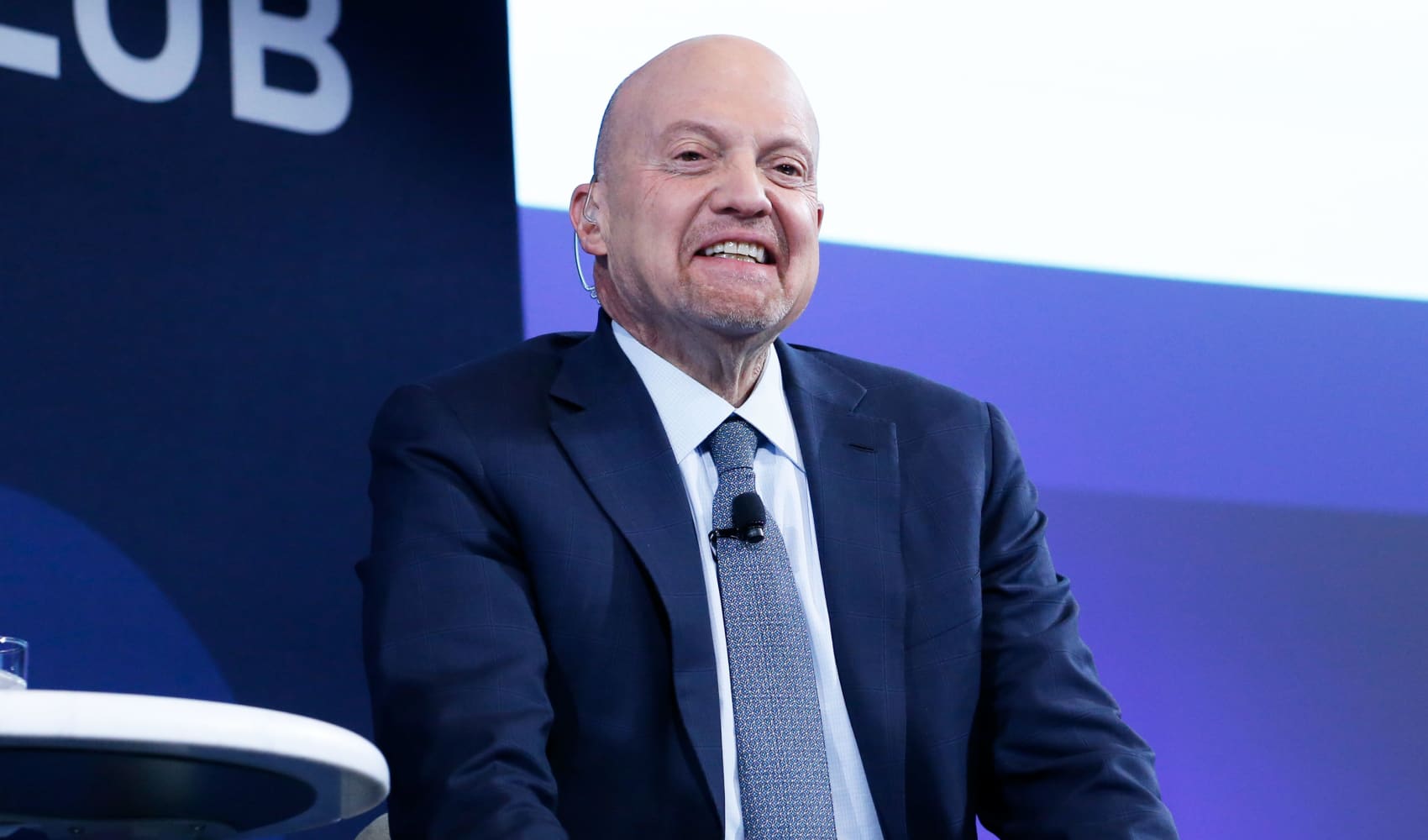
With the first Covid-19 vaccines hitting the U.S. this week, it can feel like there's a light at the end of the tunnel and life will soon start slowly returning to some type of normalcy. For many, that means travel.
Although the total number of airline tickets purchased last week is still down over 70% compared to the same time period in 2019, according to Airlines Reporting Corporation, there are some silver linings when it comes to prices. The average airline ticket cost was just $343 in September, down nearly 36% from the prior month. Before the pandemic, average ticket costs were $478 in January.
But while experts predict that travel will bounce back once there's widespread access to the vaccine, there are some considerations travelers should keep in mind. Here's a look at what you should carefully consider before booking a trip for next year.
Restrictions and Covid procedures are likely to stick around
Let's start with the biggest caveat: Travel — like the rest of our lives — isn't going to return to normal in an instant. A Covid-19 vaccine isn't an immediate silver bullet. With different countries operating under a wide range of rollout timelines and issuing different protocols for how vaccines will be distributed, you can expect that many of the Covid safety procedures and restrictions that have been implemented, including mask mandates and testing verification, will be in place until an effective vaccine is widely available.
"I would not be surprised at all if for the rest of 2021, to visit the EU, for instance, that you have to either show proof of vaccination or proof of a negative test within the past 72 hours," Scott Keyes, founder of Scott's Cheap Flights, tells CNBC Make It.
"There is still going to be a bit more bureaucratic rigmarole," he adds.
Money Report
Domestic and outdoor trips will remain popular
The destinations that have proven to be the most popular in 2020 have been domestic trips within the U.S. and outdoor havens, such as national parks and beaches, Keyes says. And that will likely continue to be the trend next year. "It's not going to be just an all-of-a-sudden switch and travel is back to normal. It's going to take some time," Keyes says.
In fact, Expedia found that many of the most-searched destinations for 2021 are beach resort locales such as Mexico's Cancun as well as Riviera Maya, Playa del Carmen and Tulum.
Average fares are probably going to go up
The average ticket price for a domestic flight was at the lowest level in April but have since started to recover. Yet even in recent months, prices are still about 30% to 35% lower than compared to last year, according to ARC.
Although airfares are inexpensive at the moment, Keyes says travelers should expect they will go up compared to 2020 prices. But he says that shouldn't worry travelers too much.
"What's important to note is that you don't buy average fares, you buy available fares," he says. And by that, he means that most people are going to be buying flights based on where they live and what a good deal looks like to them. And there will still be deals, Keyes adds.
Still, it's a good idea to book relatively early, especially if you're trying to travel in the middle of summer 2021, Keyes says. "These are peak travel periods, and it certainly is the case that fares are generally more expensive then and are liable to go up more," he adds.
Expedia found that the best day to book your flight, whether it's domestic or international, is Sunday. And the best day of the week to start your trip is on a Friday for domestic vacations and Thursday for those traveling to international destinations. Simply buying and traveling on these days could save you around 15% to 20%, depending on the type of trip, Expedia finds.
Airlines are still being flexible
"The airlines are giving way more flexibility right now than they used to a year ago," Keyes says. And that can be a game-changer if you're looking to take advantage of early booking deals.
Earlier this year, Alaska, American Airlines, Delta and United announced they would eliminate change fees, which is typically a $200 charge airlines issued to travelers who wanted to change the travel date on non-refundable plane tickets. "If you booked a flight and you wanted to change your dates, you had to pay hundreds of dollars in fees to do so," Keyes says.
Now you don't have that extra expense if you change your mind or need to push back your travel plans. That said, eliminating change fees doesn't mean that you get a refund, it merely means that you won't be charged to change your travel dates, although you still may have to pay more if you switch to a day or time with higher airfares. Plus, some airlines are restricting the routes and the types of tickets that are eligible for this new flexibility.
If you're looking to really safeguard your spending, there are some trips where it might be worth purchasing additional travel insurance, Keyes says. And not just the flight cancellation protection offered when you purchase your ticket, but a comprehensive travel policy that covers a host of travel emergencies. If you purchase a slightly more expensive cancel-for-any-reason policy, you can typically get 75% of your money back, even if you cancel for Covid-related concerns.
"I hate reading the fine print, but it's really important to read the fine print with insurance," Keyes says. As many people learned early in the pandemic, simply having a policy didn't necessarily cover what they thought it did, so it pays to double check.
And that goes for more than just buying insurance policies. If you're looking to travel next year, make sure you're reading the fine print on all your purchases and give yourself as much flexibility as possible.
Don't miss: Here are the 5 best personal loans of December 2020
Check out: 10 affordable gifts for friends and family under $10






